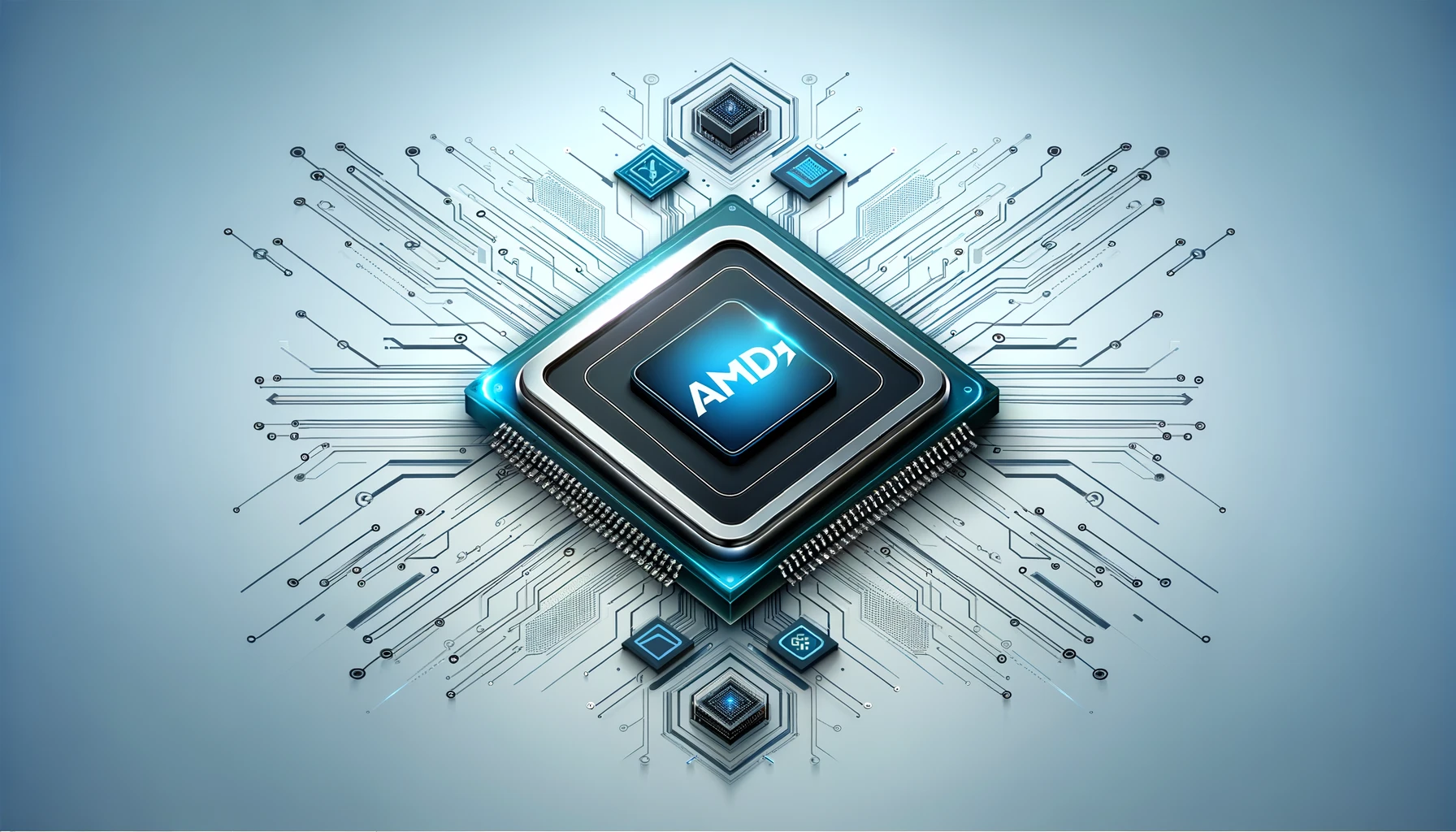
In a significant development for the global semiconductor industry, Samsung Electronics is poised to strengthen its position in the competitive memory semiconductor market. Recent analyses by research firm TrendForce have illuminated Samsung’s ambitious efforts to not only keep pace with but potentially surpass its rivals, SK Hynix and Micron, in the burgeoning sector of next-generation artificial intelligence (AI) memory chips. This analysis delves into the intricacies of Samsung’s strategic advancements, the pivotal role of NVIDIA Corporation’s upcoming products, and the broader implications for the semiconductor landscape.
At the heart of this evolving narrative is the H200 AI GPU from NVIDIA Corporation, a key player in the semiconductor industry. Samsung has reportedly secured a critical position within NVIDIA’s supply chain for this high-profile project, an achievement underscored by its successful certification from another industry giant, AMD, for its HBM3 products. The H200 GPU is set to leverage Samsung’s advanced HBM3e memory technology, marking a significant milestone in the AI-driven memory space. Similarly, AMD’s MI300 AI accelerator will benefit from Samsung’s expertise, potentially increasing the Korean company’s share in the AI chip market.
Samsung’s Competitive Landscape
| Manufacturer | Sample Submission to NVIDIA | Validation Status | Expected Mass Production Start |
|---|---|---|---|
| SK Hynix | Q3 2023 | Completed | Q2 2024 |
| Micron | Q3 2023 | Completed | Q2 2024 |
| Samsung | Q4 2023 | In Progress | Q3 2024 |
This table underscores the competitive dynamics between the three leading semiconductor manufacturers as they vie for dominance in the next-generation AI memory chip market. Despite a later start, Samsung’s strategic moves are set to redefine its standing and competitive edge.
Samsung’s entry into this fiercely competitive arena is not without its challenges. The company trails behind SK Hynix and Micron in the race towards mass production of HBM3e memory chips for NVIDIA’s H200 GPUs. However, several strategic advantages are poised to bolster Samsung’s position:
- Early Lead in Advanced Memory Solutions: Despite being the last to enter mass production for 24GB HBM3e memory modules, Samsung is potentially leading the charge towards manufacturing the more advanced 36GB modules. This strategic positioning could give Samsung a significant advantage in catering to high-end AI applications, where memory capacity directly correlates with performance.
- Deepening Partnerships with AMD: TrendForce’s insights reveal another critical advantage for Samsung—its deepening partnership with AMD. Unlike NVIDIA, which specializes in GPUs and Arm-based chips, AMD offers a comprehensive suite of AI products, including the MI300 accelerator. Samsung’s certification by AMD for its HBM3 memory in the MI300 accelerators represents a strategic win, especially considering SK Hynix’s dominance in this market segment until now.
The semiconductor industry stands at a critical juncture, with AI and machine learning technologies driving unprecedented demand for advanced memory solutions. Samsung’s strategic maneuvers in this space underscore the company’s ambition and the broader industry trends:
- Increasing Demand for AI-Enabled Memory Solutions: The rise of AI applications across various sectors is catalyzing demand for high-capacity, high-performance memory chips. Samsung’s focus on both 24GB and 36GB HBM3e memory modules aligns with this growing market need.
- Collaboration and Competition Among Tech Giants: Samsung’s collaborations with NVIDIA and AMD highlight the intricate web of partnerships and competition that defines the semiconductor industry. These relationships are crucial for innovation and meeting the escalating demands of the tech world.
- Impact on Global Semiconductor Supply Chains: Samsung’s advancements in memory technology and its strategic positioning within the supply chains of NVIDIA and AMD could have far-reaching implications for global semiconductor supply dynamics. The company’s efforts to ramp up production and meet the rigorous standards of next-generation AI chips will be closely watched by industry stakeholders.
In conclusion, Samsung’s strategic initiatives in the semiconductor space signify a pivotal moment in the industry. By securing critical partnerships and focusing on advanced memory technologies, Samsung is not only aiming to compete with established players like SK Hynix and Micron but also to carve out a leadership position in the AI-driven future of semiconductors. As the market continues to evolve, the actions of these key players will undoubtedly shape the landscape of technology and innovation for years to come.
Related News:
Featured Image courtesy of DALL-E by ChatGPT
